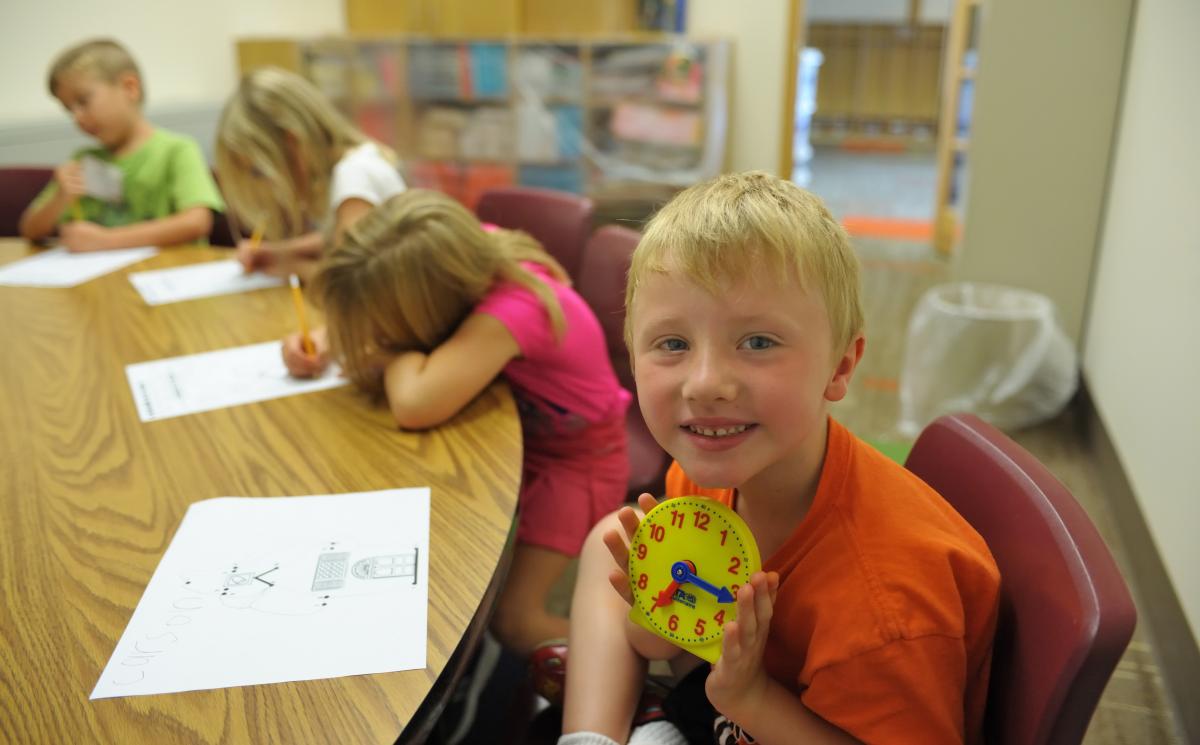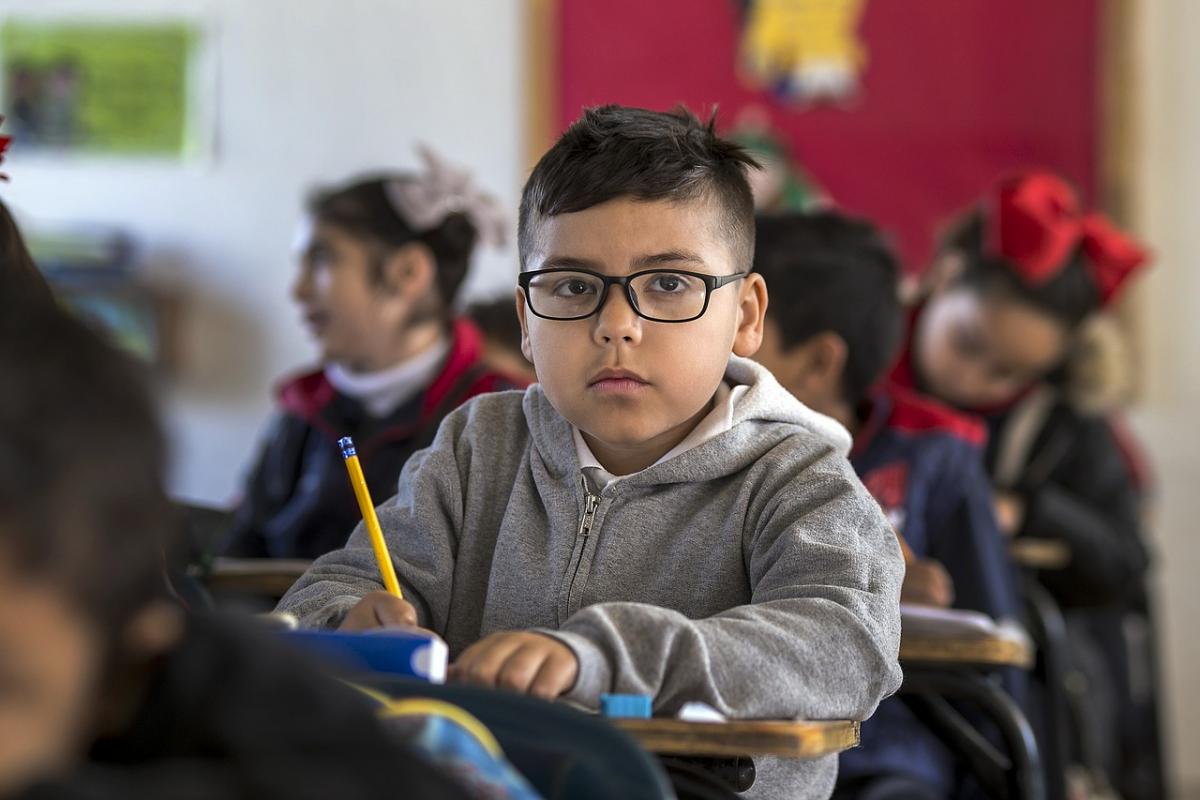
Registration Now Open for the 26th Year of Adventures in Summer Learning!
March 20, 2019
Helping the Student Who Is “on the Bubble”
April 17, 2019
A central goal of parenting is to help our children eventually lead independent, successful lives. In order to foster independence, it is important for parents to provide supportive environments that allow children to have opportunities to learn and grow through new experiences.
Parents can support the development of independence by allowing their little ones to complete tasks by themselves, but at some point, children with executive function deficits may not complete independent tasks as quickly or efficiently as parents and teachers think they should. Or these children may not complete independent tasks at all, requiring, instead, adult assistance to complete tasks. So how can we foster independence in children with executive function challenges?
- Structured Home Life. Set routines help children learn what behaviors are expected at what times. Some children also benefit from written checklists for certain routines, such as getting ready for school.
- Maintain Realistic Expectations. What are your child’s strengths and challenges? Is she able to follow three-step directions consistently, or should directions be broken down to one step at a time? Can she focus on a task for 20 minutes, or should the task be broken down into two 10-minute chunks? Be realistic, and set your child up for success.
- Be Sure Your Child Has the Skills. We often assume a child understands our expectations, but students with executive function deficits need explicit instruction on how to complete a task. Before having your child clean his room, talk with him about what explicit steps are involved in cleaning the room.
- Offer Choices to Give Your Child Some Control. Does she want to brush her teeth first or wash her face? Does she want to put her dirty clothes in the hamper first or put her books on the shelf? Offering choice of what to do, in what order, gives the child some say during a difficult or non-preferred task.
- Provide Just Enough Support for the Child to Be Successful. If a parent offers too much support, the child fails to learn to do the task independently and may come to doubt that he can do it independently. If a parent offers too little support, he fails and again does not learn to do the task independently. Allow your child to do as much of the task as possible independently, and then offer minimal verbal or physical support needed for him to complete the rest.
- Consider Incentives if a Task is Difficult. Sometimes an incentive can motivate a child with executive function deficits to persist during difficult or non-preferred tasks.

- Praise Effort Along the Way. Always underscore that your child is doing well if she is trying her best.
Developing independence in children with executive function deficits can be a frustrating task that takes longer to develop, with more adult assistance, than you think it should. Fostering this independence will lead to children having greater self-efficacy, or the belief they have the ability to complete difficult tasks.
Dr. Lynn Meltzer will share her expertise with parents during the program: The Child Beneath the Stress: Parenting Children with Executive Function Challenges. April 11, 2019, at the Sharonville Convention Center. Click for registration information for Dr. Meltzer's parent program.
Blogger Stephanie Dunne, Ed.S., is the Center Director at Springer School and Center. Prior to coming to Springer, Stephanie practiced as a school psychologist in public and private schools for ten years. If you have questions, please contact Director of Learning Programs Carmen Mendoza at .



